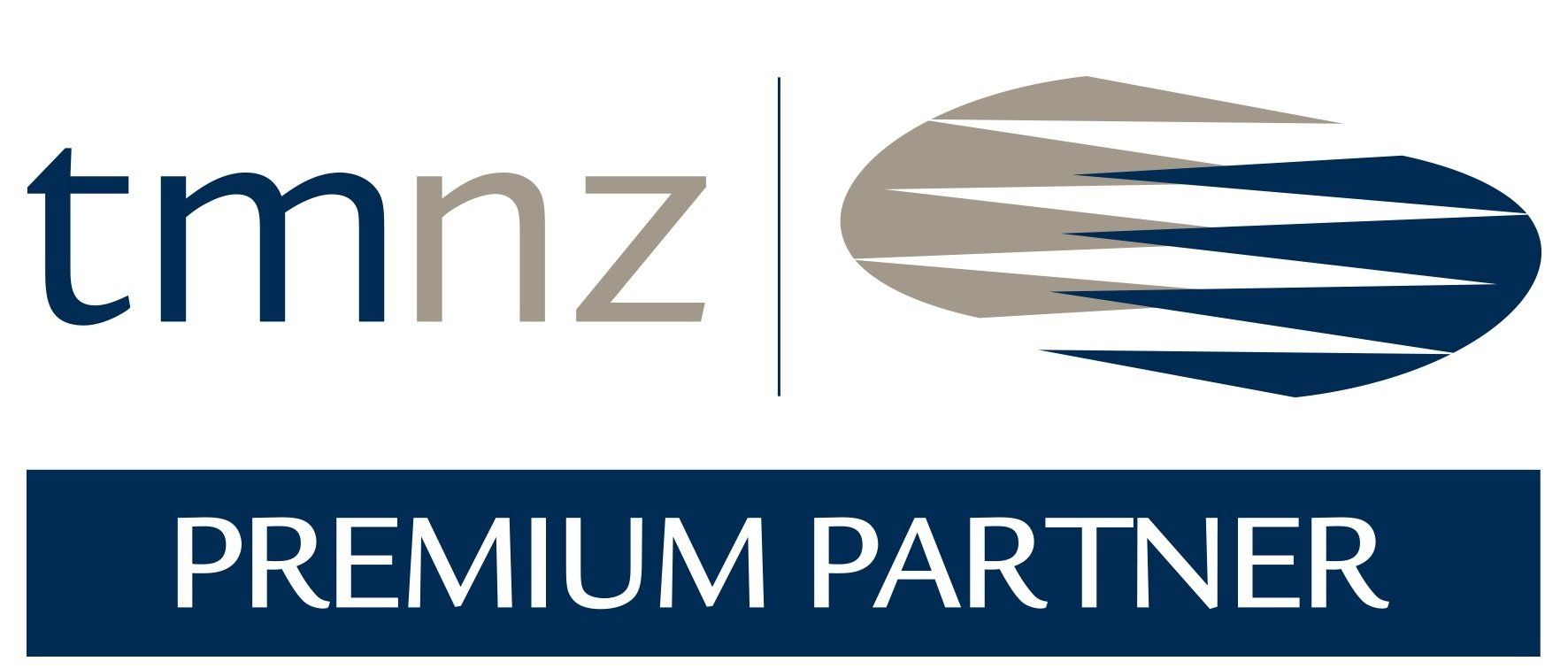CG Update May 2022
CG Update May 2022 - Rural Edition
End of Financial Year: If your Financial Year ends 31 May you will receive a green questionnaire from us. Even if you think there is nothing to fill out, please sign the front page and send it in.
Livestock Numbers: Here are a few tips to help you accurately record your livestock numbers.
- It is a lot easier if it’s done on or near to balance date.
- Don’t include heifers coming into the herd in the cow numbers, these are R2 heifers at 31 May.
- Don’t forget to include carry over cows, stock out grazing or leased out that you own.
- Calves born after last year’s balance date and before this year’s balance date are categorised as Rising 1. So autumn-born calves are R1 calves at 31 May. Please show 2022 autumn-born calf numbers separately on the questionnaire.
Farmer Outlook
- Fonterra payout for a May balance date will be about $9.10. This is up on the previous year which will likely result in larger profits and higher taxes.
- Early indications are for another good pay-out for 2023. The NZX Futures market is still predicting over $9. So there is a real expectation for another prosperous year.
- Farm costs have risen significantly, particularly feed and fertiliser. Pay attention to your costs and work to minimise the impact of these price increases on your business where possible.
- It’s difficult to see a demand for Fonterra shares if there’s only a requirement for 1 share per 3 KgMS. This is reflected in the recent plunge in share price. Hopefully Fonterra can pay a decent dividend, otherwise the share price will remain low. It will be interesting to see whether Fonterra can improve their business profit while paying more for the raw product.
- Interest rates are on the rise, especially longer term rates. You need to consider your risk profile and the impact higher interest rates will have on your business. If you don’t need to fix rates to secure your costs, then it’s still likely to be beneficial to stay close to floating. However global uncertainty and changing conditions mean the future of interest rates are hard to predict.
Dairy Farmers Cashflow: With consecutive years of a high payout and a $9+ forecast payout, our dairy farming clients need to be turning their minds to what they are going to do or should be doing with their cash.
- Farming efficiently and not wasting cash on things just because it’s there and you can.
- Paying off debt vs pursuing other priorities on farm or off farm.
- Having a tax plan.
Tax Tips for Dairy Farmers before 31 May: Tax deductible expenditure includes:
- R&M on tracks, water and fencing.
- Applying fertiliser.
- Prepay your Road User Charges before 31 May and get the discount as well.
- Stock up on farm stores such as feed, fuel, fertiliser, and animal health products. The total value of unused stores on hand at balance date must be below $58,000 to be a tax saving.
- You don’t need to pay for it before 31 May, but the invoice needs to be dated in May.
- A new ute or tractor won’t reduce your tax bill much.
Budgets: Now is a great time to put together a budget for the 2023 season.
Please let us know if you would like us to assist you with this, we have all your financial information and history.
Once the budget is sorted, we can prepare reports that compare actual vs. budget figures on a monthly and year to date basis when preparing your GST returns. This helps you keep track how you are performing compared to budget, or even just compared to last year.
Dairybase: If you want to compare your farm’s performance against the DairyNZ benchmark figures please let us know and we can load your financial information for you or send your accounts directly to DairyBase who load your data for a $100 fee.
Provisional tax – 28 June instalment: Provisional tax payers are about to receive your last instalment notice for your 2022 provisional tax commitment.
- Using IRD’s standard calculation method, this tax payment is based upon your 2021 tax return plus an uplift of 5%.
- With record payouts and still relatively low interest rates, most farms will have a higher profit than last year.
- With these healthy profits come large tax bills. Your 28 June tax payment may need to be higher than the standard uplift to prevent the IRD charging interest on shortfalls.
- We will be reviewing your profit for the year to date in order to give you a better estimate of what you need to pay.
Tax Deferral options: Rather than using the overdraft to pay your tax there is an option to defer the tax payment using Tax Pooling.
- We use Tax Management New Zealand (TMNZ) and can defer the tax payment for an interest cost that is significantly cheaper than that charged by the IRD.
- A common scenario is clients deferring their 28 June tax payment until November when cashflow is picking up. Talk to us if this is of interest to you.
Tax Text Reminders: We now email tax payment letters. We can also send out text reminders a few days before your tax is due. Speak to us if you wish to make use of this text option.
Wages & Payroll:
If you’re having headaches with paying your wages and filing your PAYE, we have a dedicated team working specifically on employment and payment of staff.
- We can also handle your IRD filing requirements.
- If you are wanting help with employment agreements, wages calculations for new or existing employees, or final pay calculations, please contact us.
- We also have access to a specialist Human Resources consultant that we refer clients to for tricky employment issues. If you have a problem in this area, please call and we can assist with a referral.
Minimum Wage is now $21.20 per hour. You may need to check what hours your staff are working to ensure they’re at least being paid the minimum hourly rate, particularly over the calving period.
It’s better for you to pay your staff fortnightly rather than weekly so the payroll covers the typical roster and includes days off.
Rosters: If you are having trouble finding staff, perhaps a change in the roster is required so that workers are getting more time off. It will cost you more, but it might help attract better staff.
Accommodation: A house with the job is a point of difference that farm employers should be using to attract workers.
- Farmers who provide accommodation to staff as part of their package should use market value rents as the taxable value of the house to be included in the wage calculation.
- A higher house value also helps you meet minimum wage requirements.
Wages to children: Wages to children are taxed at source like other wages. Paying your kids for getting the cows in or pulling weeds is still very tax efficient as they’ll mostly fall within the 10.5% tax threshold. To ensure that a tax deduction is permitted:
- The wages should actually be paid, we recommend an automatic payment into the child’s bank account.
- You need to register as an employer.
- The wages must be for genuine work done, and must be at a market rate.
- The child must complete an IR330 and have PAYE deducted.
- All employees, including your own children, require an employment contract.







